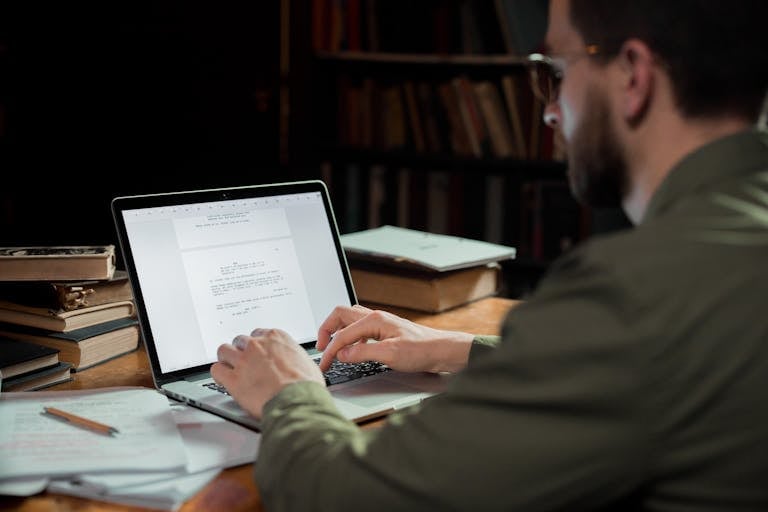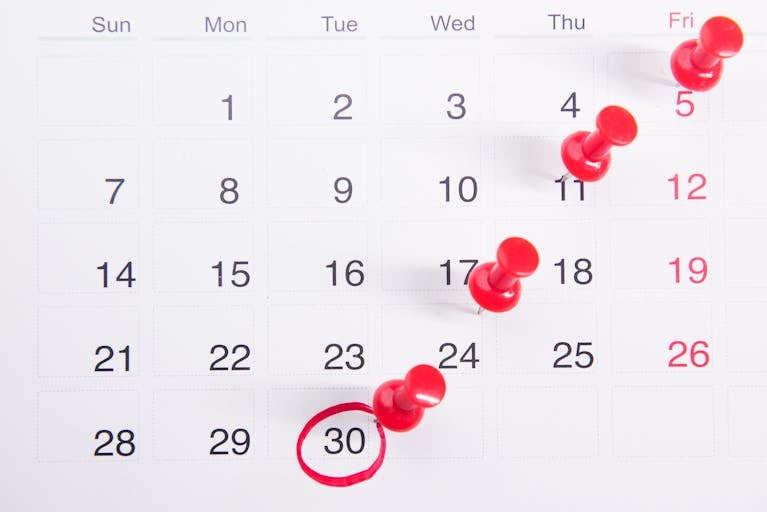Introduction
Every time you say “yes” to something, you’re also saying “no” to something else—often your own peace, focus, or priorities. In a world where overcommitment is worn like a badge of honor, learning to say “no” is not just self-care; it’s self-respect. It’s time to stop pleasing everyone and start honoring your time.

Why We Struggle to Say “No”
Most of us are conditioned to be agreeable. We fear rejection, missed opportunities, or being labeled difficult. But always saying “yes” leads to burnout, resentment, and a diluted sense of purpose.
What Happens When You Start Saying “No”
- You gain time for what truly matters.
- You set clear personal boundaries.
- You avoid overcommitting and underdelivering.
- You feel more in control of your life.
How to Say “No” Without Feeling Guilty
- Be Direct but Kind
“Thanks for thinking of me, but I’ll have to pass this time.” - Delay Your Response
Buy yourself time: “Let me check my schedule and get back to you.” - Offer an Alternative
If you still want to be helpful: “I can’t help, but here’s someone who might.” - Practice Your Script
Rehearse polite rejections so you’re ready when the moment comes.
When to Use Your “No” Power
- Invitations that drain you
- Unpaid labor masked as favors
- Projects that misalign with your goals
- Anything that disrupts your peace or schedule
Q1: Isn’t saying “no” selfish?
No. It’s healthy. You can’t pour from an empty cup. Saying “no” lets you say “yes” more meaningfully later.
Q2: How do I say “no” at work without hurting my career?
Be respectful but assertive. Offer reasoning and prioritize clearly. Managers appreciate honesty and realistic workloads.
Q3: How do I handle persistent people?
Repeat your no calmly and firmly. Don’t get drawn into long explanations—your boundaries are valid.
Q4: What if I regret saying no?
Reassess your boundaries. Occasional regret is okay, but protecting your long-term energy is more important.
Practice saying “no” once this week. Just one clear, guilt-free “no” can help you take back your time and energy—and you’ll likely inspire others to do the same.

I’m EKBAL HOSSAIN MONDAL, the creator of SmartSolveTips.com — a blog dedicated to helping people improve productivity, avoid digital burnout, and live better online. With years of hands-on experience in self-development and digital wellness, I write practical tips and tools to help you stay focused and thrive in a fast-paced digital world.






